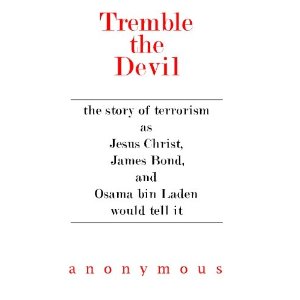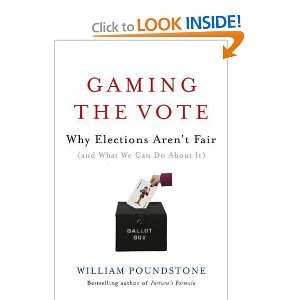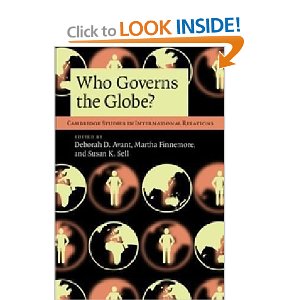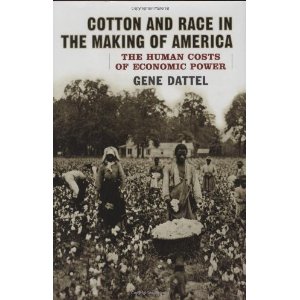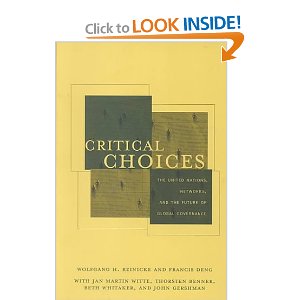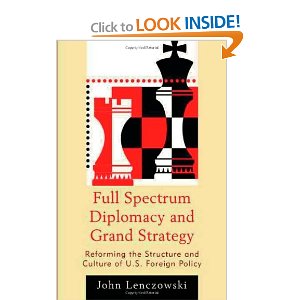
John Lenczowski
5.0 out of 5 stars Long Needed Treatise, But Too Expensive,September 21, 2011
EDIT of 11 December 2011: Gene Poteat, President of the Association of Former Intelligence Officers (AFIO) has an excellent review of this book in the Summer/Fall 2011 issue of Intelligencer. The following quote is from his review, it captures the essence with perfection:
“The weakness and deteriorating standing of America in the world today is the failure to take into account the role of information, disinformation, ideas, values, culture, and religion plays in the influence and conduct of foreign and national security policy.”
While the above glosses over the corporate capture and abject corruption of all three branches of the Federal government, it certainly summarizes and recommends the book in question. See also my graphic, “Information Pathologies,” loaded above next to cover.
End Edit
In the midst of an economic depression, it is a real shame to see a book that is so very relevant to unscrewing the Republic, and also see the same book terribly over-priced. At 230 pages this book should be offered at 24.95, and a donor should be found to permit the author to speak to the Department of State via the Secretary's Open Forum, with a free copy of the book to every person attending.
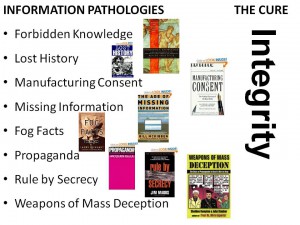
The author is the founder of the Institute of World Politics, a rather unique institution that offers three Masters programs and that strives to do what no other university can claim: to teach a mastery of all of the instruments of national power, and to teach how culture, ethics, strategy, and philosophy can come together to drive Whole of Government planning, programming, budgeting, and execution so as to advance both the prosperity and the protection of the Republic.
This book came to my attention after I found and truly enjoyed another book out of the Institute of World Policy, by Cultural Intelligence for Winning the Peace by Juliana Geran Pilon. Everything I read about the Institute, or by those associated with it, offers a very strong, coherent, culturally-compelling vision of how to advance positive values inherent in the Declaration of Independence and the Constitution of the United States of America.

